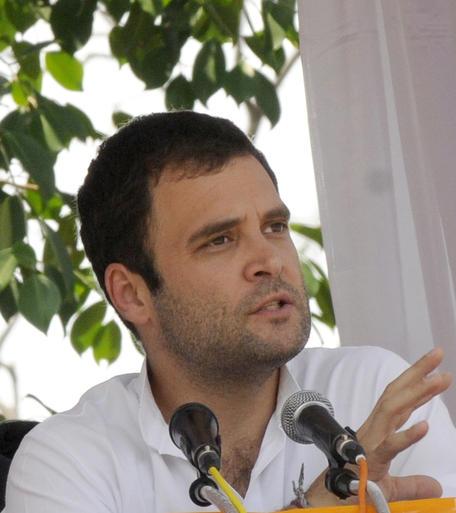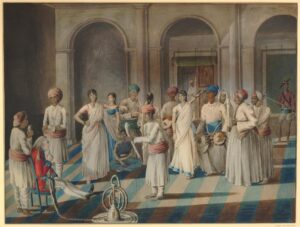
Opposition leader Rahul Gandhi has been reinstated as a parliamentarian after his conviction in a criminal defamation case.
In March, the leader of the Congress party lost his status as a lawmaker due to a two-year jail sentence.
His reinstatement as an MP took place on Monday, following the Supreme Court’s suspension of his conviction two days earlier.
In celebration of his return, Congress leaders chanted slogans and shared sweets outside the parliament building.
Leaders from various other opposition parties also expressed their joy at Mr. Gandhi’s comeback to parliament.
Mr. Gandhi, an MP of the Congress party from the southern state of Kerala’s Wayanad, has been regarded by political analysts as a significant asset to INDIA, an alliance consisting of 26 opposition parties. His restored status enables him to contest next year’s national elections. The alliance aims to challenge Prime Minister Narendra Modi’s Bharatiya Janata Party (BJP) in the upcoming elections.
The charges against Mr. Gandhi originated from comments he made about Mr. Modi’s surname during a 2019 election rally.
Following his conviction and subsequent disqualification, opposition parties protested, accusing the governing BJP of targeting him unfairly. The BJP refuted these claims, asserting that proper judicial procedures were adhered to in the case.
During a rally in Karnataka state in 2019, Mr. Gandhi remarked, “Why do all these thieves have Modi as their surname? Nirav Modi, Lalit Modi, Narendra Modi.”
Nirav Modi is an Indian diamond magnate who is currently evading authorities, while Lalit Modi is a former head of the Indian Premier League, permanently banned by the country’s cricket board.
A defamation case was filed against Mr. Gandhi by BJP lawmaker Purnesh Modi, alleging that his comments had tarnished the entire Modi community. Mr. Gandhi argued that he had made the statement to expose corruption, not to target any specific community.
He was convicted by a court in Gujarat in March and sentenced to two years in prison. His status as an MP was revoked a day after his conviction, in line with a 2013 Supreme Court ruling that a lawmaker found guilty of a crime and sentenced to two or more years in prison is immediately disqualified from parliament.
Subsequently, the Supreme Court granted Mr. Gandhi bail to appeal his conviction, and in July, the Gujarat High Court rejected his appeal.
However, on Friday, the Supreme Court suspended his conviction, stating that the trial court judge’s reasoning for imposing the maximum two-year sentence lacked sufficient justification. The court also noted that Mr. Gandhi should have exercised more caution while making his remarks.
This case underscores a troubling aspect of the current judicial landscape: the necessity of escalating matters to the Supreme Court to achieve justice. In Mr. Gandhi’s case, an ambiguous defamation case in Surat led to his conviction for defaming an undefined group of individuals with a shared surname, resulting in a two-year imprisonment.
The swift disqualification by the Lok Sabha Secretariat followed his conviction. Even if one were to argue that his comments could potentially amount to defamation, the decision to impose the maximum allowable sentence seemed disproportionately severe. It was unfortunate that both the Surat district court and the Gujarat High Court declined to suspend his conviction, a move that could have reinstated his parliamentary membership.
They employed exaggerated language, asserting that the offense was serious and tainted by “moral turpitude,” and that he was unworthy of conviction suspension, citing the law’s objective of excluding wrongdoers from public office to uphold political integrity. The Lok Sabha Secretariat should exhibit similar promptness in restoring his membership, enabling his active participation in parliamentary discussions, particularly the impending debate on a no-confidence motion introduced by the Opposition. The pursuit of political purity is undoubtedly hindered by excluding elected representatives from Parliament based on a case resting on weak foundations. Indeed, this disqualification procedure undermines the very essence of democracy.







